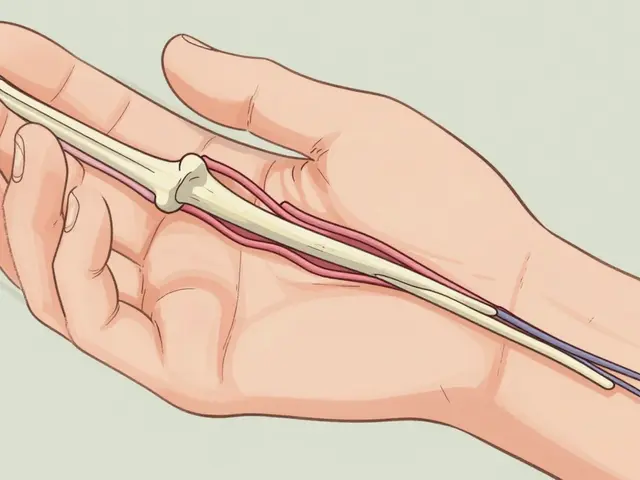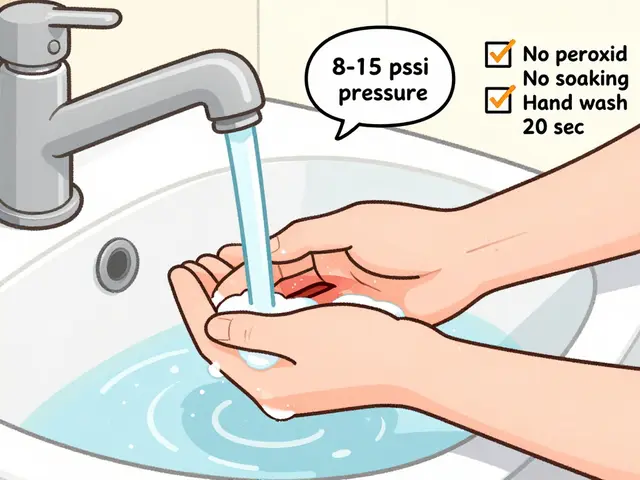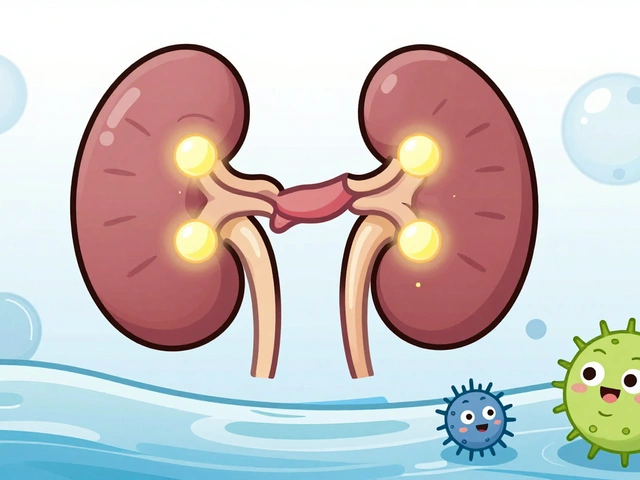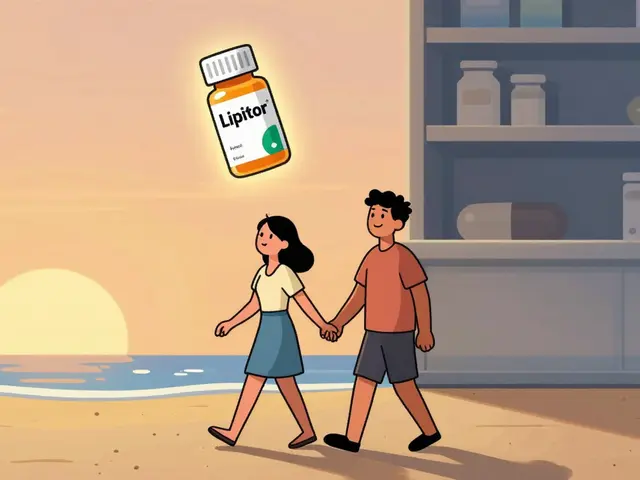Did you know zinc is a part of more than 300 enzymes in your body and affects immunity, skin, taste, and wound healing?
That’s the quick spark behind our May 2024 post. This month we published one focused guide: 'Zinc: The Essential Nutrient for Better Health You Need in Your Diet.' It’s short, practical, and aimed at people who want immediate tips on food choices, supplements, and spotting a deficiency without medical jargon.
What makes the article useful is that it cuts to what matters. You get clear signs of zinc deficiency like slow wound healing, frequent infections, poor taste or smell, and hair thinning. The post explains which foods give the best zinc per serving — oysters, red meat, poultry, beans, nuts, and whole grains — and how plant sources need pairing with vitamin C or soaking methods to help absorption.
We also cover supplements in a straightforward way. You’ll learn common zinc forms — zinc gluconate, zinc picolinate, and zinc citrate — and when a supplement might make sense: after a documented deficiency, during recovery from illness, or under guidance from a healthcare provider. There’s also a practical warning about too much zinc causing nausea, copper deficiency, and immune issues when taken long term.
What the article covers
The post breaks into quick sections: signs and symptoms, food sources, supplement choices, and tips to improve absorption. It cites clear examples and gives serving ideas you can use right away, like adding pumpkin seeds to yogurt or choosing canned oysters for a zinc boost. If you’re on a plant-based diet, the guide suggests combining legumes with vitamin C rich foods to improve uptake.
Quick practical tips
Start with food first — most people meet needs through diet. Check for symptoms before starting supplements. If you decide to supplement, follow recommended doses and take zinc with food to reduce stomach upset. Avoid high doses for long stretches unless a clinician is monitoring your blood levels. For better absorption, avoid taking zinc with high-calcium meals or iron supplements at the same time; space them out by a couple of hours.
If you want a simple plan: add a zinc-rich snack twice a week, scan your meals for variety, and talk with a provider if you notice signs like persistent loss of taste or frequent infections. The May 2024 post on PharmaServe is a concise, useful guide to help you make smarter choices about zinc without the confusion.
People who may need extra attention include older adults, strict vegetarians, pregnant or breastfeeding women, and people with digestive disorders that impair absorption. A simple blood test or a healthcare conversation can clarify needs. Don’t assume more is better — excess zinc can interfere with antibiotics and some medications, so mention any supplement use to your clinician. Want fast food swaps? Choose Greek yogurt with pumpkin seeds, a tuna salad with whole grain crackers, or a bean chili topped with grated cheese. That’s the kind of practical, usable advice we offered in May. Read the full post now.

Discover the crucial role zinc plays in maintaining your health and well-being. This article dives into the benefits of zinc supplements, common signs of deficiency, how to incorporate zinc into your diet, and tips for maximizing its absorption. Learn why zinc is the wellness-boosting supplement you've been looking for.






